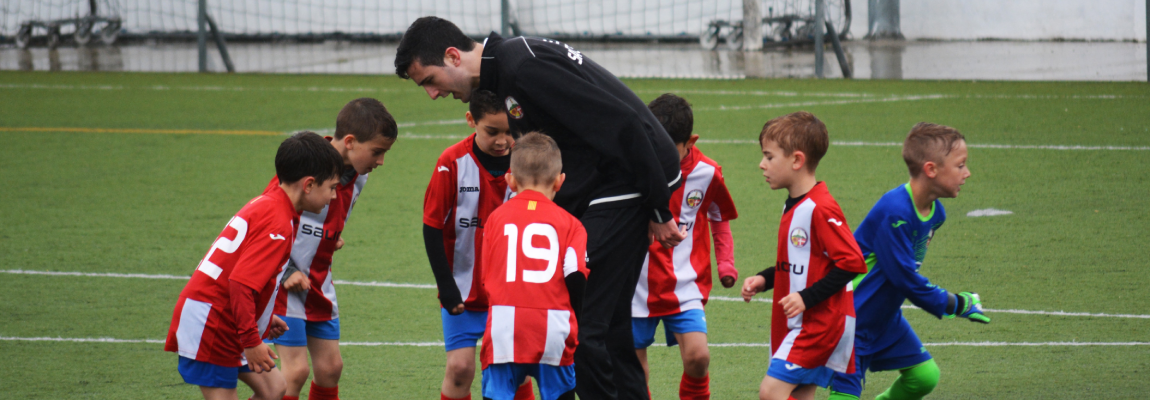January 5, 2026

As a coach, what football training technique you employ in your role can have a huge impact on your player’s development and their enjoyment of the game.
Every great manager has their own soccer coaching methods and every individual player will respond in different ways to different training styles.
We’re going to take a look at three of the most popular football training techniques, their pros and cons, the success that they’ve delivered in the professional game and how you might be able to use them in your own coaching career.

An authoritarian style of football coaching works on the premise that the coach always knows best and what they say goes. In terms of youth coaching, it’s comparative to how a stricter teacher treats the children in their class in school. Because football is a team game, discipline and control are both important and an authoritarian coaching style can still help in both of these traits into players. Jose Mourinho has employed this football training technique to great effect throughout his career, drilling tactics and improvement into his players mercilessly in order to help them overcome the opposition. Mourinho has clearly enjoyed success from this coaching method, but it’s also one of the reasons that he hasn’t lasted beyond a third season in any of his managerial roles. Players become tired and drained very quickly when they’re being controlled to such a degree, so although an authoritarian style can deliver short-term results, over a longer period its impact is negligible. For younger players, this can also have a damaging effect on their long-term progression and even make them fall out of love with the game. When it comes to youth football training techniques, an authoritarian approach is one best avoided.

A democratic style of football coaching is the polar opposite to how the authoritarian coach operates. Players are encouraged to share in the decision making, taking the lead on what sort of training drills they wish to do and how they should react in certain on-the-pitch scenarios. Think back to that night in Nice during Euro 2016 when England were embarrassed by Iceland. One of the most striking images was the way in which Wayne Rooney, Dele Alli and the rest could be seen looking hopelessly towards the bench as they struggled to come up with any ideas of their own to overcome a rigid Iceland defence.
Democratic coaching is designed to help players become more independent by encouraging them to think for themselves.This approach lends itself to producing more creative players who can work a way out of difficult situations without needing to be spoon fed instructions by their coach or manager.
This is what Pep Guardiola does so well. Yes, his players are all technically superb and he can often be seen on the edge of his technical area pointing and waving his arms in the air in a desperate attempt to get instructions across.
But his Barcelona, Bayern Munich and Manchester City sides have all been so dangerous because they out thought as well as outplayed the opposition. That’s the sort of players that a democratic coaching style produces. There are pitfalls to a democratic approach, however. Giving young players such a level of control can be dangerous, especially as they do need to understand that with freedom comes responsibility.
Casual coaching is perhaps a misleading title for our third and final football training technique, as it’s in fact all about making the game fun. There’s a certain school of thought that runs along the lines of if you employ a soccer coaching method that prioritises enjoyment over anything else, you’ll produce a happy collection of players which will eventually lead to a successful team.
This management style works in two ways. Firstly, players learn more and improve at a faster rate if they’re doing something they enjoy. Secondly, a strong team spirit brought about by a happy environment can help a side reach new heights.
Jurgen Klopp’s football coaching style has been put down as 30 percent tactics,70 percent team building. The Liverpool manager believes that turning his team into a family who would run through brick walls for each other is the best path to success and he goes about trying to achieve this by making football fun.
It can be seen as a risky coaching style; if you’ve got individuals who are lazy or become too casual, then you might find that individuals never progress because there is no incentive to do so. But if you can create a fun environment which is also challenging at the same time, then you’ll be employing a coaching method which allows young players to both thrive and enjoy their football.